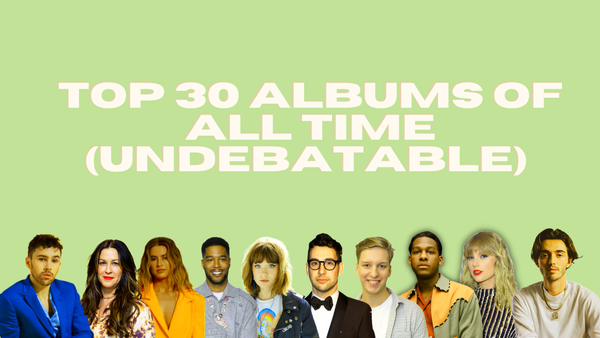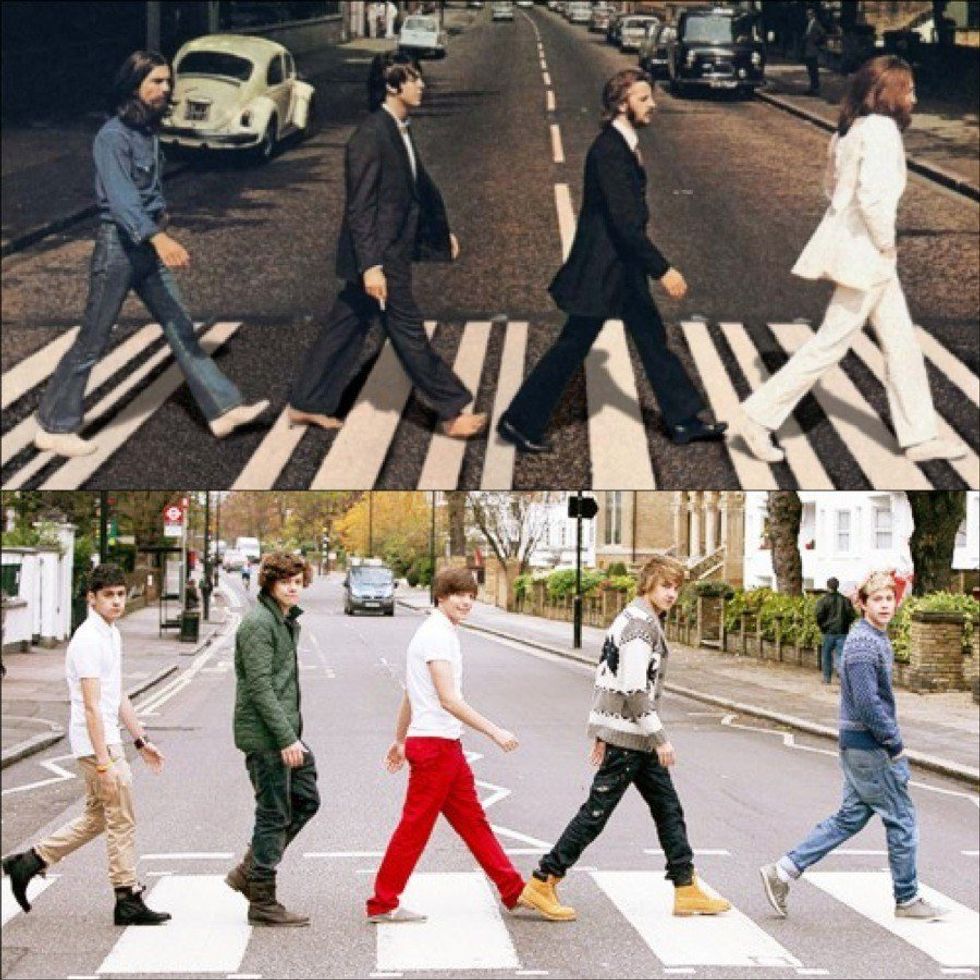The best-selling single of the UK Singles Chart in 2007 was Leona Lewis’ “Bleeding Love.” Circa 2007-2008, in my slowly growing iTunes library, “Bleeding Love” was blaring from the ratty old speakers of my PC more often than not, making itself a home at the top of my "Recently Played" list.
Eight years on, “Bleeding Love” hasn’t been played since 2009, whereas Led Zeppelin’s “Stairway to Heaven” still appears on my "Recently Played" list regularly. It’s been years since I listened to “Poker Face,” but only days since I listened to “Let It Be.” There’s music that we enjoy, and there’s music that stays with us. There’s music that makes us think, “Oh, this is catchy and fun!” and music that makes us say, “This is good music.”
It’s 2015 and it’s nearly impossible not to listen to music. There was a time this year when I couldn’t leave my house without hearing “Uptown Funk” at least once. Don’t get me wrong, I immediately break into dance when I hear Bruno Mars’ dulcet tones, but is Mark Ronson’s dance anthem something future generations will listen to with the same awe and respect that we listen to Pink Floyd with? Will they hail it as the greatest song of the 2010s? While contemporary music is fun and catchy, there’s been a sharp decrease in the popularity of music that shakes the world with its raw power and uniqueness. Pop music has been an integral part of the music scene since the 1950’s, and we continuously find ourselves immersed in it. Whether it will last in our minds as good music remains to be seen. I’ve even heard people refer to pop music (or the current number one song on the Billboard Hot 100) as a one-night stand. It’s fun while it lasts, but you don’t find yourself coming back for more.
At the risk of sounding like a total elitist, there’s an undeniable difference between the persisting characteristics of sixties mainstream music and current mainstream music. 1964’s best-selling single was The Beatles’ “Can’t Buy Me Love,” a song that is still played and revered now. The Beatles are hailed as icons of pop; will One Direction hold the same title in the years to come?
A criticism of modern music is that it’s like a doll; artists are packaged and manufactured to appeal directly to the majority of consumers, lacking the originality and feeling of having created something organic that was characteristic of many icons of the seventies and eighties. In the past, when artists have exploded onto the music scene, they brought with them something new and fresh that then jump-started a rise in popularity of that genre of music (Pink Floyd with psychedelic rock, The Ramones with punk). Of course, one may argue that those styles were always around, but just hadn’t gotten the same attention as Pink Floyd or The Ramones. However, with that in mind, mainstream music in 2015, at least to me, doesn’t bring anything new to the table.
I’m not trying to bash pop music. I can’t pretend I haven’t indulged in singing “Shake It Off” at the top of my lungs. But the point being made here is I don’t know if I’ll be singing it in ten years with the same enthusiasm as “Can’t Buy Me Love.” Taylor Swift’s music is entertaining, but it didn’t revolutionize the music scene. Justin Bieber may be nice to look at, but his music didn’t change the boundaries of art. The members of One Direction don’t bring the majority of us to tears with the raw emotion of their lyrics.
But at the end of the day, although the face of music today is undoubtedly different to that of ten, twenty, and fifty years ago, one thing remains the same: The ability of music to unite people in appreciation of art remains as strong as ever.




















